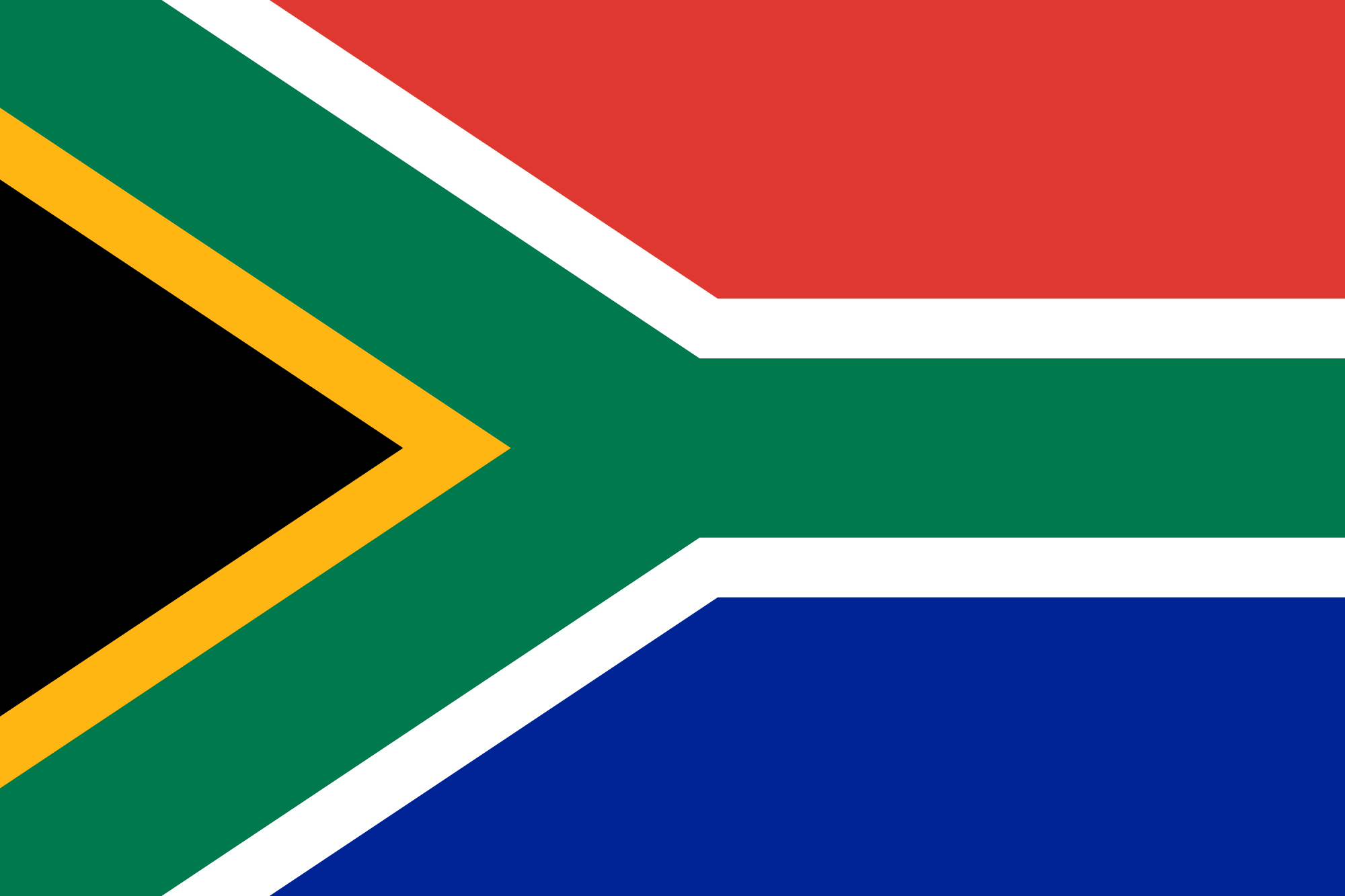National Symbols since 1994
In South Africa, we have a perse number of people and cultures, but we are all South African. National symbols such as a national flag, an anthem and a coat of arms unite the people of a country and make them proud to be a part of that country and all its achievements.
The South African Coat of Arms
The most important symbol of the state is the Coat of arms. It is stamped on several of important documents which include: your birth certificate; death certificate, school and marriage certificates. It can be seen on one side of the coins in our country. When it is stamped on important documents, it shows The State’s authority and approval.
On Freedom Day, the 27th of April 2000, South Africa got a new coat of arms. It replaced the old coat old arms which had been used since 1910. This new coat of arms represents the change in South Africa to a democracy. The words written in the Khoisan language on the new coat of arms is South Africa’s motto. The motto means Unity in persity. The other symbols also have deeper meanings.
Activity 6: Study the symbols of the coat of arms (pairs)
1. See if you can find the following symbols in the coat of arms:
Wheat (symbol of growth and development)
Elephants (strength, wisdom, moderation and eternity)
Shield (spiritual defence and national identity)
Figures greeting each other (symbolising unit)
Spear and knobkerrie (symbols of defence, authority, power and because they are lying down, peace)
Protea (emblem of our land’s beauty and the flowering of our land’s potential)
Secretary bird (a protector, a messenger of the heavens and of power)
Sun (rebirth and a symbol of the source of light)
2. What do you think the motto, Unity in Diversity, means?
3. Discuss, with your partner, what image of South Africa is created by its coat of arms.
The National Flag
When South Africa became a democracy in 1994, not only did it need a new coat of arms, it also needed a new flag. The old flag represented discrimination and injustice for many people and was a part of the apartheid government. On April 27th 1994, the new flag was use on the first day of the democratic elections. South Africans have embraced this new flag with its vibrant colours. It has helped to unite South Africans all across the country, especially during events such as the Rugby World Cup held in 1995.
 Flag of South Africa Image source
Flag of South Africa Image source
What do you think about our national flag?
Does it help to unite people?
In order to answer these questions two questions, conduct a survey as follows: Ask 8 to 10 people what they think of our national flag. (Make sure that you ask people of different ages and professions). Use the table below to help record their responses.
| Question | Yes | No |
|---|---|---|
| 1. Do you think that South Africa needed to have a new flag after apartheid ended? | ||
| 2. Do you like South Africa’s national flag? | ||
| 3. Do you know what South Africa’s flag looks like? | ||
| 4. Do you own a South African flag, or any objects such as am item of clothing that has the South African flag on it? | ||
| 5. Do you think the national flag plays an important role at international sporting events? | ||
| 6. Do you think that the South African flag helps to unify the people of the country? |
The National Anthem
After South Africa became a democracy in 1994, it also needed a new national anthem. A national anthem is a song that represents the country and its traditions and history. The new anthem is made up of two different anthems and is sung in five different languages.
Enoch Sontonga composed “Nkosi Sikelel iAfrika” in 1897. For many years, during apartheid, it was seen as the unofficial anthem of South Africa. It was written as a hymn that is sung is isiXhosa, isiZulu and Sesotho.
The second part of the new anthem, “Die Stem van Suid Afrika” was the official anthem of South Africa before 1994. In today’s anthem the one verse is sung in Afrikaans and the last verse is sung in English.
Here are the words of our national anthem, with the translation in English alongside:
| Anthem | Translation |
|---|---|
| Nkosi sikelel iAfrika Maluphakanyisw’ uphondo lwayo, Yizwa imithandazo yethu Nkosi sikelela, thina lusapholwayo. | Lord bless Africa May her spirit rise up high Hear thou our prayers Lord bless us. |
| Morena boloka setjhaba sa heso, O fedisedintwa le matshwenyeho, O se boloke, O se boloke setjhaba Sa heso, | Lord bless Africa Banish wars and strife Lord, bless our nation Of South Africa. |
| Uit die blou van onse hemel, Uit die diepte van ons see, Oor ons ewige gebergtes, Waar die kranse antwoord gee, | Ringing out from our blue heavens From our deep blue seas breaking Round Over everlasting mountains Where the echoing crags resound. |
| Sounds the call to come together, And united we shall stand, Let us live and strive for freedom, In South Africa our land. |